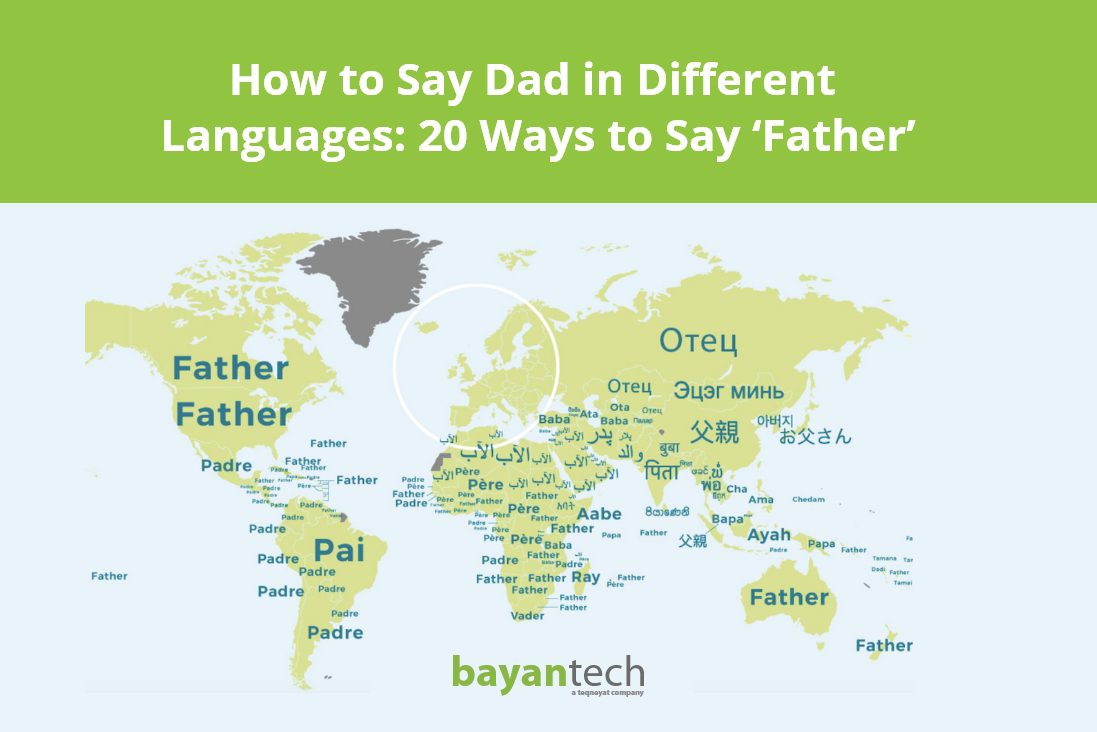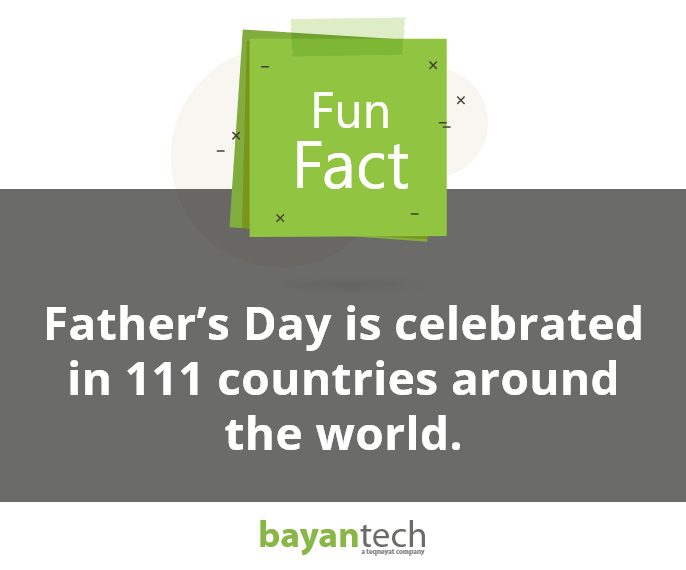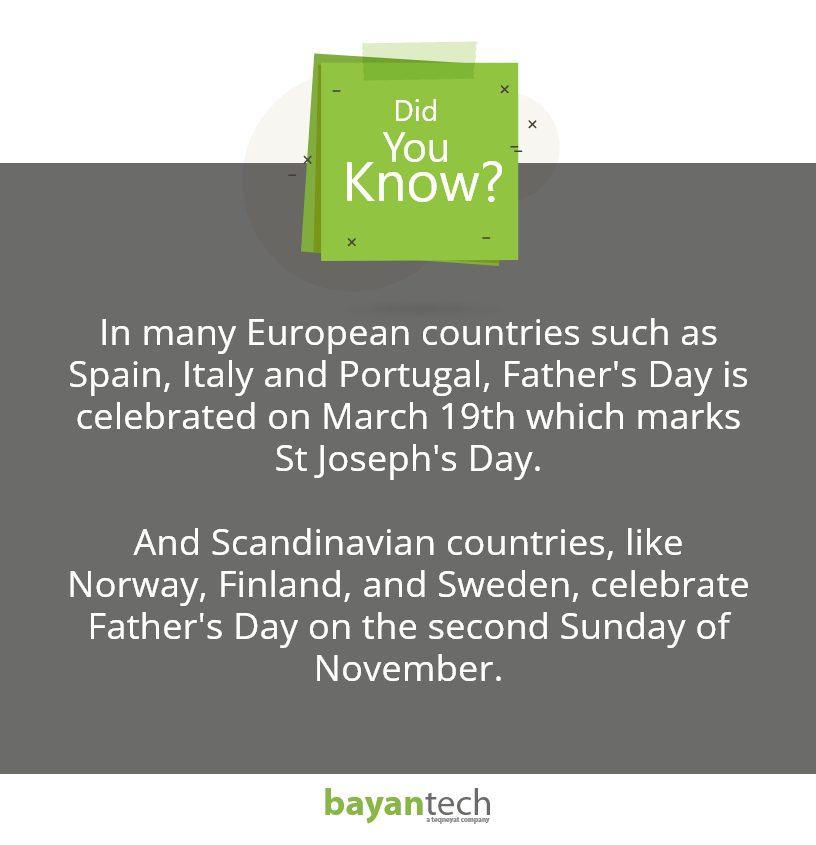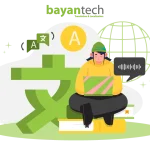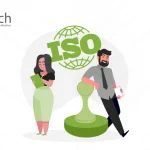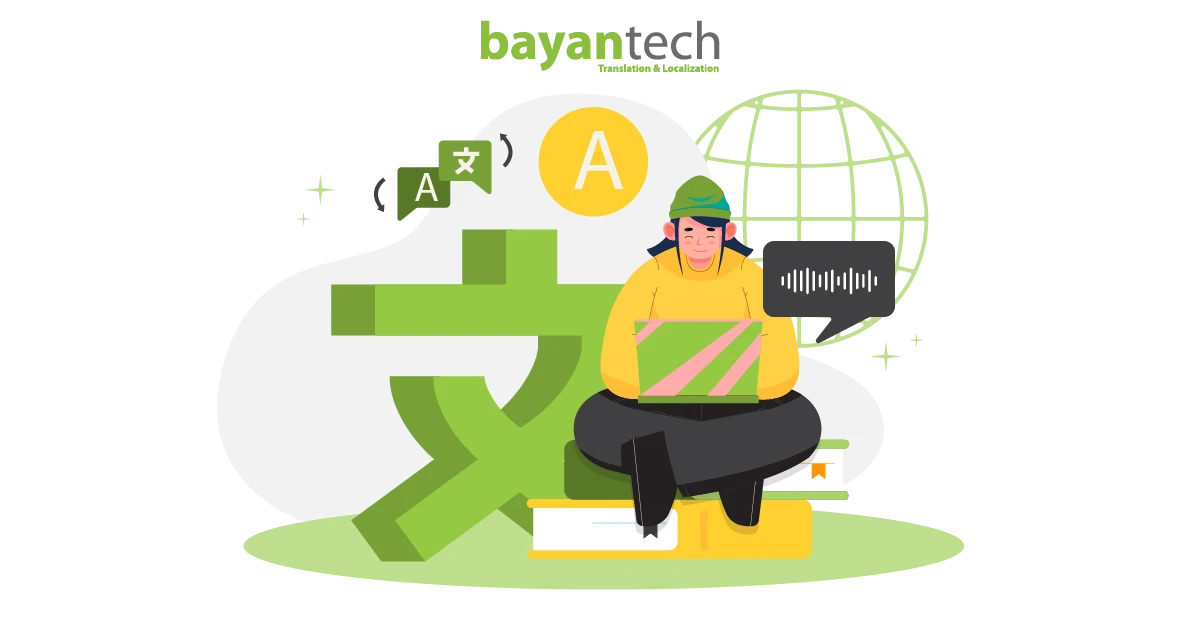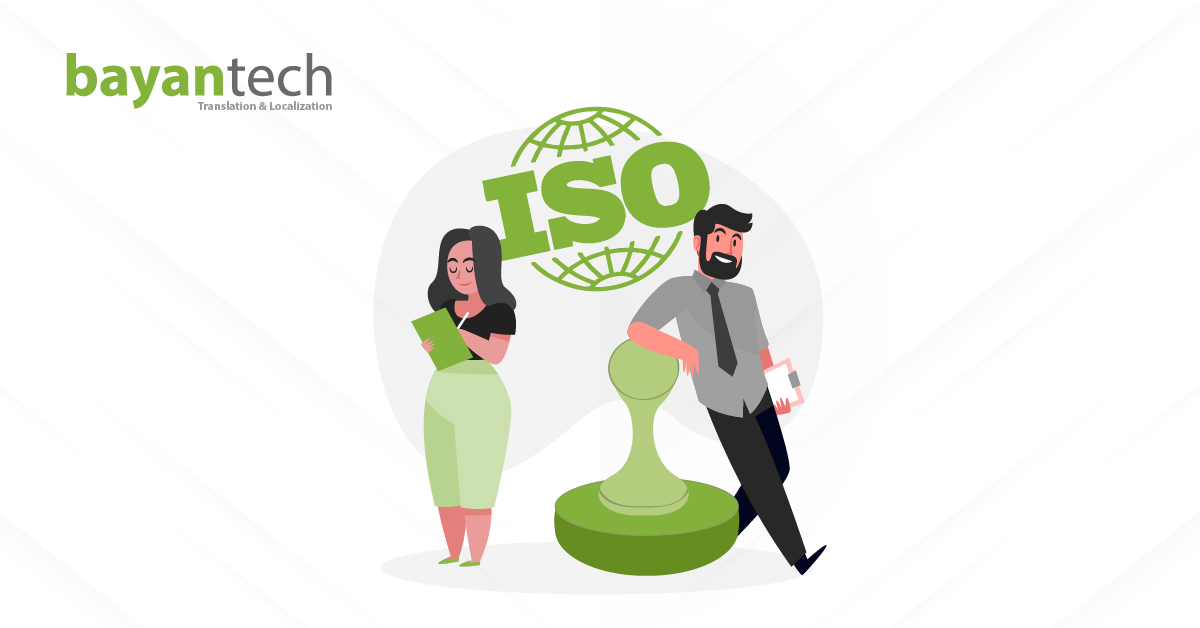Father’s Day is celebrated each year on the first Sunday of June in the US, UK, Canada, India, China, Japan, along with many other countries worldwide.
On this special day, you might be curious to learn new ways to call your Dad in different languages to celebrate your dad this Father’s Day. Or maybe you’re just passionate about the linguistic and cultural diversity that exists around the world.
Either way, we are here to fulfill your curiosity!
Today, we’re going to share with you 20 ways to say dad in different languages from every corner of the world. So, let’s get started!
How to Say Dad in Different Asian Languages
Let’s start off with how to say dad in different languages in Asia.
Chinese
爸爸 (bàba): The informal and most common way to say dad in the Chinese language. It can also be shortened to 爸 (bà).
爹爹 (diē die): A more affectionate and casual way to call your dad in Cantonese, similar to “daddy.”
Japanese
お父さん (otousan): Used when calling your own dad or referring to someone else’s dad in the Japanese language.
父さん (tousan), 父ちゃん (touchan): A more friendly and affectionate way to call your own dad.
パパ (papa): Typically used by little kids.
父 (chichi), 親父 (oyaji): When speaking about your own father with someone else.
Korean
아버지 (abeoji): The most common and respectful way to say dad in the Korean language. This is used when talking about your own father or someone else’s father in a formal setting.
아빠 (appa): A more informal and affectionate version, similar to “daddy” and is used when calling your own father.
아버님 (abeonim): When referring to someone else’s father in a formal and respectful way.
Vietnamese
Cha: The most common and respectful way to say Dad in the Vietnamese language.
Ba: More commonly used in Southern Vietnam.
Thai
พ่อ (phò)
Indonesian
Ayah, Papa
Filipino
Tatay, Itay, Papa
Hindi
पापा (Paapa), बाप (Bapa), अब्बा (Abba)
Bengali
বাবা (BaaBaa), আব্বা (Abba), আব্বু (Abbu)
Tamil
அப்பா (Appa)
Urdu
پاپا (Papa), ڈیڈی (Daddy)
How to Say Dad in Different European Languages
Here’s how you can call your dad in different languages across Europe.
French
Père: Formal and neutral way of saying dad in the French language.
Papa: Similar to daddy.
Italian
Papà: Means daddy and is used more in Northern Italy.
Babbo: Mainly used in the Tuscany region in Italy.
Spanish
Papá: The most standard and neutral way to say “dad” in Spanish.
Pá: A shortened, more informal version of “papá.”
Papi: A more affectionate version used by young kids.
German
Papa: Most formal and neutral way to say dad in German, used when referring to your own father or someone else’s.
Vater: More friendly version, used in informal settings.
Vati: Most affectionate term, similar to daddy.
Russian
Папа (Papa): The most commonly used, neutral way to say dad in the Russian language.
Папочка (Papachka), Папуля (papoolya): Sounds more affectionate, similar to daddy, used in informal settings.
Greek
Baba: Borrowed from Turkish but commonly used in everyday life in Greece.
Polish
Ojciec: Most formal way to say dad in Polish.
Tata: More informal version.
Tatusiu: An affectionate term used by little kids.
How to Say Dad in Arabic & Other Middle Eastern Languages
Arabic
While the formal word for “father” in Modern Standard Arabic (MSA) is “أب” (ab), it’s rarely used in everyday conversation. Instead, each dialect in the Arabic language has its own variation that is widely used locally.
بابا (baba): The most standard and widely used term for dad across the entire Arabic speaking region.
بيّي (bayyi): More common in the Levantine dialect which is used in Lebanon, Syria, and Jordan.
أبوي (abūy): Literally means “my dad”, also used in the Levantine region.
أبويا (abūya): The literal meaning is “my father” and is commonly used in Egypt.
يَبة (yabah): The most common and respectful term for dad, used in the Gulf region.
بّاه (bah): A shorter, more informal version used in Morocco, Tunisia, and Algeria.
Turkish
babam: The standard term for dad, used in everyday life.
benim babam: Literally means “my dad” and can be used to show affection when calling your own father.
Persian
بابا (Baba): The informal and most common way to say “dad”.
باباجون (Baba joon): Literally translates to “dear dad” and is a term of endearment.
bayantech: Your Gateway to Cross Cultural Communication
bayantech is a leading provider of language translation services. We offer ISO certified translation and localization services in more than 185 languages covering major Middle Eastern, European, Asian, and African languages.
We help organizations and individuals overcome cultural and language barriers throughout their journey in foreign markets through professional translation.
Get in touch today and learn how our solutions can streamline your international communication and drive your business forward!
8 Steps Every Medical Interpreter Takes
Looking for a medical interpreter? Discover the career path of medical interpreters and qualifications they need to acquire to take on interpreting jobs.

